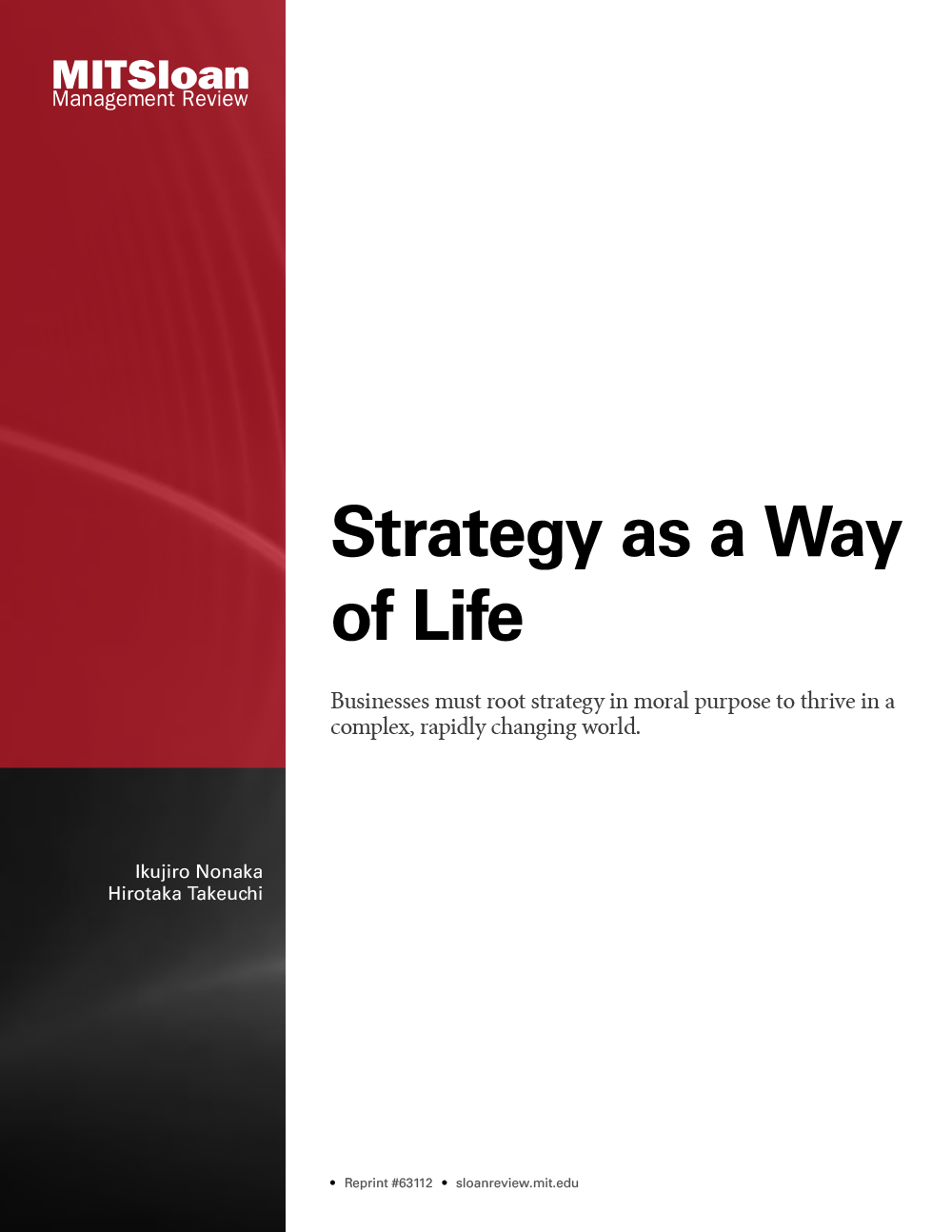
How Next-Gen Car Sharing Will Transform Transportation
In communities where residents can join networks to share cars, people save money, emissions go down, parking spaces free up, and companies doing the coordinating make money. In a conversation with former Zipcar CEO Robin Chase, she talks about her new venture, Buzzcar.
Back in 2000, Robin Chase, an entrepreneur trained at the MIT Sloan School of Management, joined with a friend, Antje Danielson, to found Zipcar, a car-sharing network. The idea was to transform transportation, encouraging more people to use fewer cars. Zipcar has been a big success: it went public in 2010, had $242 million in revenues in 2011 with operations in 17 major metropolitan areas and in January 2013, Avis announced it was acquiring the company for roughly $500 million.
Chase, who was CEO of Zipcar until 2003, has received numerous awards including designation as one of Time magazine's Most Influential People of 2009.
And now Chase is back with a new business. It's a variation on the Zipcar theme, called Buzzcar.
Buzzcar is another car-sharing business. But this time, instead of sharing cars from a company-owned fleet, people share their neighbors' cars. The company calls this peer-to-peer car rental, and has taglines that include "Borrow the car next door" and "fewer cars, more options & ; the money stays in the 'hood."
The company is in beta testing in France. In a conversation with MIT Sloan Management Review's David Kiron, Chase, the CEO of Buzzcar, explains why car sharing is a win across the board, the ways that transportation decisions help drive other decisions and how a tour of the Paris sewers solidified the whole idea in her head.




